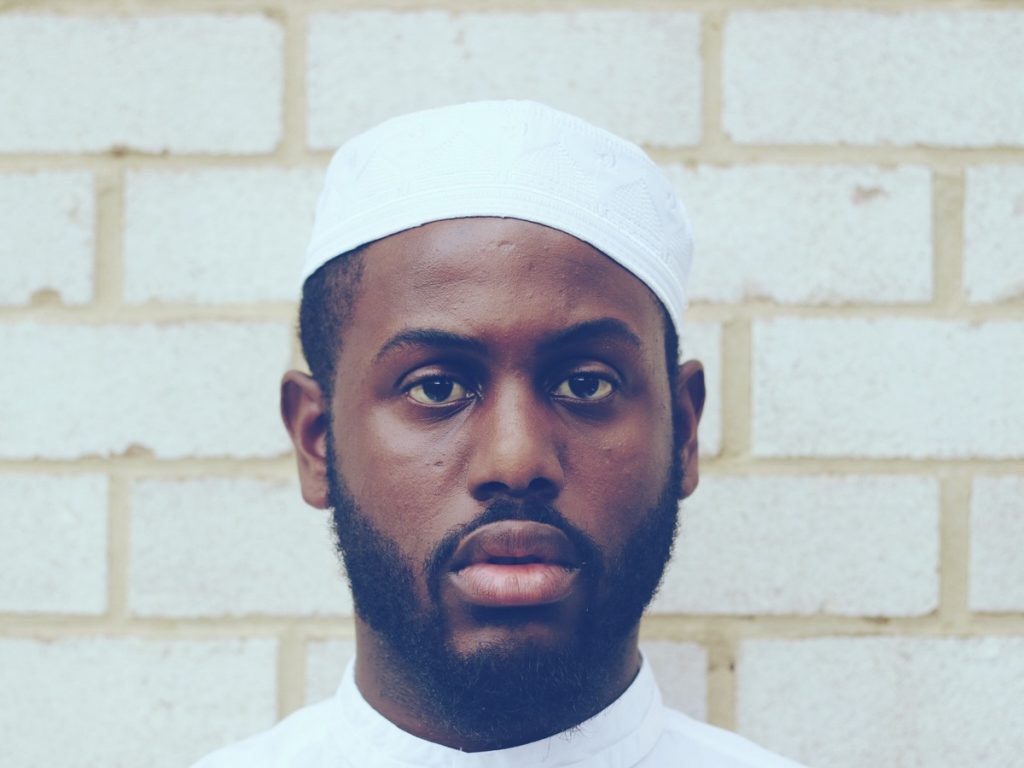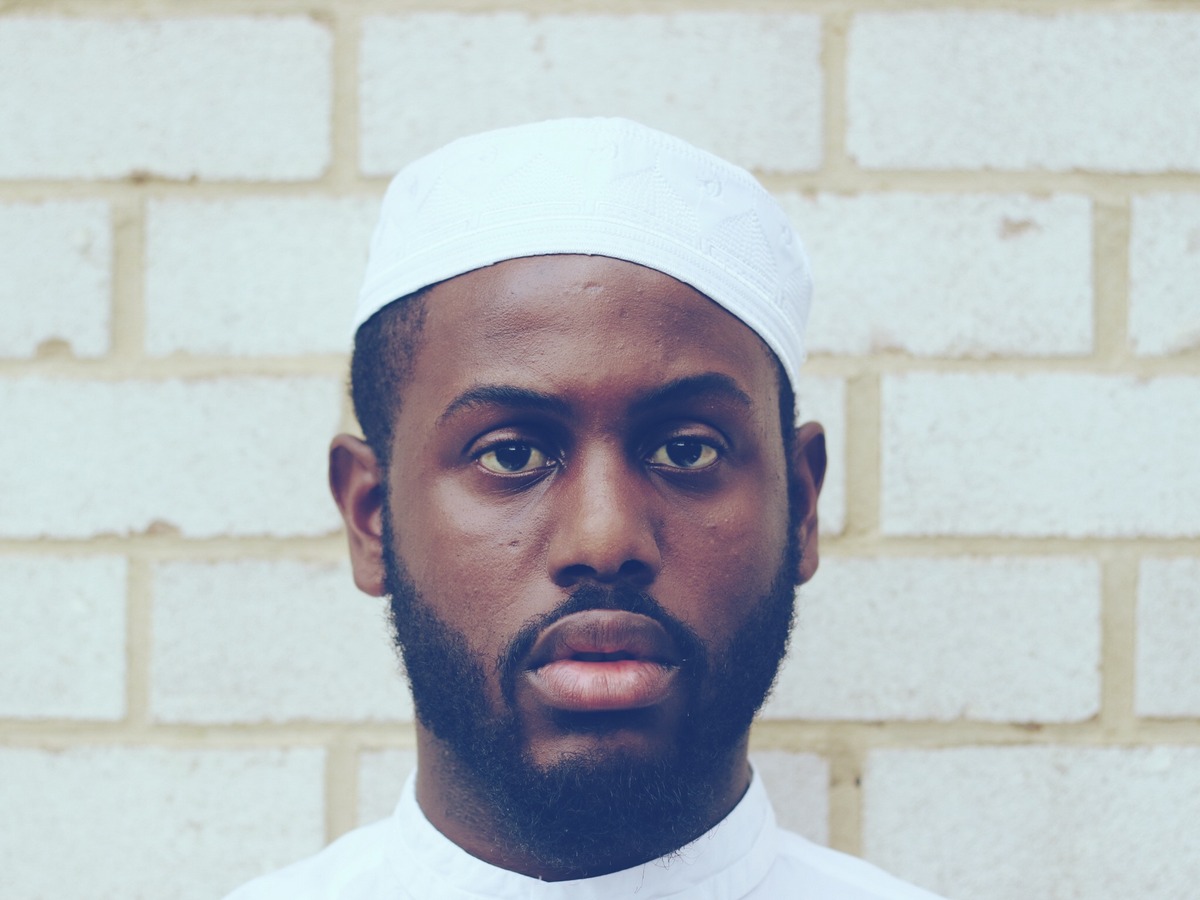[ad_1]
By Lisa Snowden-McCray, Special to the AFRO
Baltimore native Tariq’s Touré’s new book of poetry, Two Parts Oxygen, begins with a poem titled “118.” It is about his mother.
“She reminds us, with perfect diction/that we are strangers in this land,” he writes.
“It’s sort of a tribute to my mother and how I believe she sowed the seeds of…I won’t say goodness and kindness. I would say she sowed the seeds of working on that because we fail at it. We fail at being good to people. We fail at being kind to people and being strong for people and being strong for ourselves but she sowed the seeds of being conscious of that,” he tells the AFRO.

The book, which will be released October 6, is Touré’s second self-published collection. He released “Black Seeds: The Poetry and Reflections of Tariq Touré,” in 2016.
Touré earned national attention about a year ago when he performed his poem about football and protest, “For the Love of the Game,” on AJ+, an online news site run by Al Jazeera Media. The video, which went viral on social media, has been watched over one million times.
“They took me to a studio, it was a black room, they had some lights on. I tried to say the poem as best as possible,” he says about the experience. “Then a couple days later my phone was going crazy. I already knew, once it started to get that kind of traction, I had to start forcing my mind to kind of suppress whatever was happening with my ego.”
Touré says that he wanted this book to be a tribute to the women in his life – his mother, his sisters, his aunts, his wife, his daughters. But it wanted to do it in a way that was genuine.
“One thing I don’t want to do unconsciously or consciously is…describe women as some sort of toolbox. That you go to or as a man and go ‘oh I need a wrench,’ or ‘oh, I need some pliers to fix this thing,’ or anything like that,” he says.
“What I will say is that I have had the privilege of being in the company of and being raised by, and mentored by, and nurtured by, some phenomenal women. From my mother, to sisters, to teachers, to my wife — just the broad spectrum of family and friends.”
“My cousin Angie/is a full woman/who has never walked into a room/without a cathartic grace/pouring from her jawline,” he writes in the poem “Jazz in November.”
The book is divided into four parts:: Fajr, The Holy Quran 20:26; Thuhr, The Holy Quran 20:27; Asr, Holy Quran 20:28; Maghrib, The Holy Quran 20:29. Touré, who is Muslim, says the verses describe Prophet Moses’ appeals to God for the type of aid he needed to speak out against Pharaoh: for his trial to be lessened, to remove the things stopping him from speaking the truth, to be understood, and to have support.
His faith is a central part of many of the works in this collection. “We forego water/embargo bread/until the sky closes its eyelids/until the hummingbird slows its flight,” he writes in his poem, “Ramadan.” He also writes about fatherhood, racism, Baltimore, and more.
When he published “Black Seeds,” he was living here in the city. Now, having relocated to Alexandria, Virginia, he says he is quite literally in a different space, and wanted to use his poetry to create a record of that.
“As somebody who was able to say ‘hey, I really need some time away from the city,’ I think that would be disrespectful [to not write]. Like, ‘oh, you don’t got no poems now that you are out of this?’”
He says it’s also important that his daughters, who are two and four, have a record of who their father was and what he thought about the world.
“Tomorrow I might pass away, so they need to have that tangible thing that they could put in their hands and know what was on my mind. So in that way, it was a historical document as well,” he says.
[ad_2]
Source link

